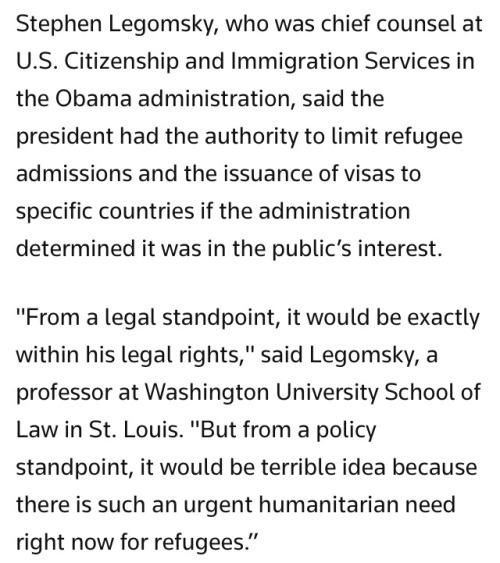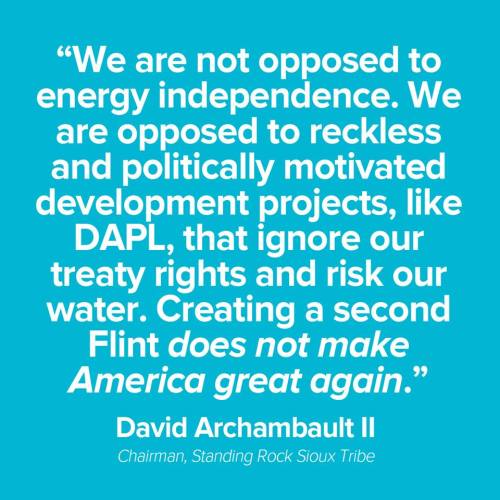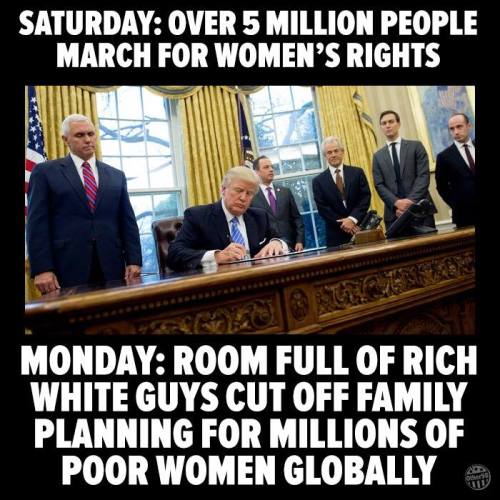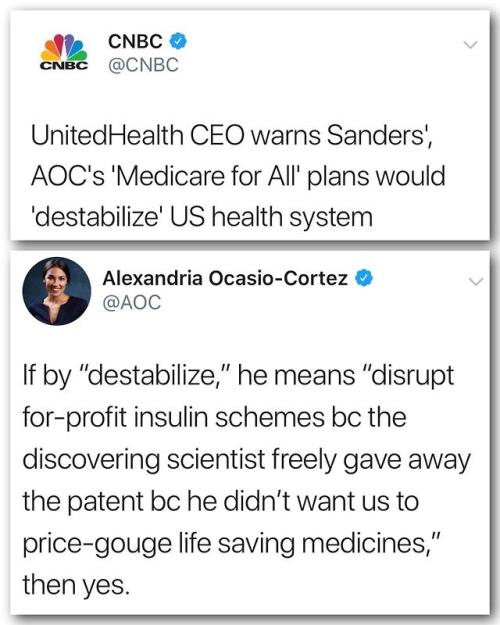#progressive
Really excited my boys @dj_cyrus , @toomuchdjs & I are playing with deck wizard @jameszabiela this NYE on @hushuphk @beatshiphk Even better that the theme for this cruise ship party is “Lost In Time”!! Can’t wait to use my new TARDIS USB’s. #hushuphk #beatship #beatshiphk #toomuchdjs #djcyrus #pioneerchampion #discoverhongkong #ilovehongkong #hkdj #hkgirl #jameszabiela #tardis #whovian #bassmusic #progressive #glitchhop #ghettofunk #hkclubbing #djane # (at Ocean Terminal, Hong Kong)
Post link
THIS IS TERRORISM, CALL IT WHAT IT IS
Please get reminded that this is not even comparable to the BLM movement. One is about demanding human rights and the other is about being a lunatic hyporcritical asshole.

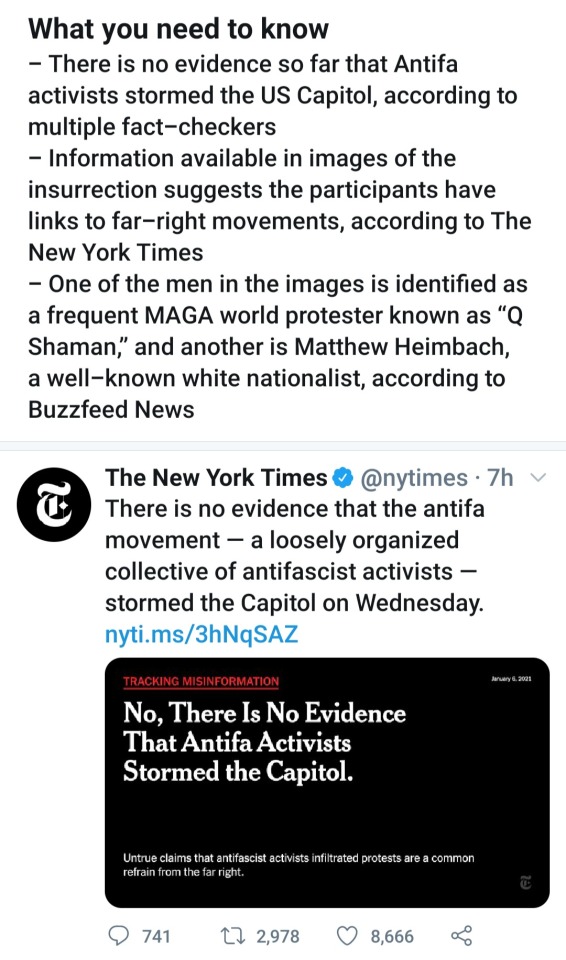




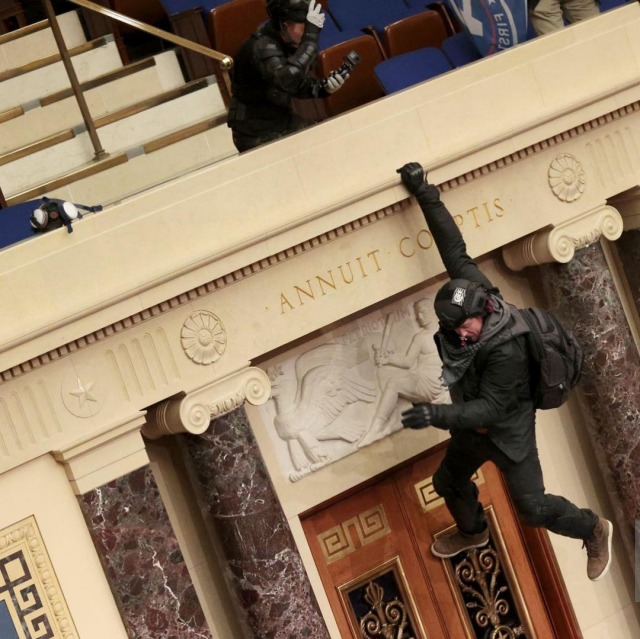



Via Getty Images
One of our partners, Blue Nation Review, has ponied up to send 100 activists to Netroots Nation for free!
Every year, we offer scholarships, volunteer opportunities and discounted rates in an effort to make sure money isn’t a barrier for attendance. BNR’s generous donation will allow an additional 100 people to receive a complimentary full access pass to the conference this July 16-19 in Phoenix.
Interested in applying? Click here to fill out the short application.
With BNR’s help, we hope to bring in more youth organizers, more local activists working on issues like immigration and social justice, more individuals from the Native American community, and others who can make the conversations at Netroots even more enriching.
We’ll be rolling out winners in several rounds, but the application is open now.
Just click here and fill out the application for your free pass to Netroots Nation this summer. Or, forward this to someone who might be interested in joining us for our tenth annual conference.
Good luck!
Mary Rickles
Netroots Nation
Apply today to be a part of Seeding Change’s National Fellowship Program for Asian American Organizing and Civic Engagement. Due February 15!
http://www.seeding-change.org/fellowship-2015announcement/
We are now accepting applications for the 2015 National Fellowship Program for Asian American Organizing and Civic Engagement. Applications are due online on February 15, 2015. Apply here.
The National Fellowship Program for Asian American Organizing and Civic Engagement is an intensive 10-week, full-time volunteer program that develops the leadership of a new generation of activists and organizers who are deeply invested in building the power of and improving the lives of working-class Asian immigrant communities. In its pilot year, the fellowship program brought together 17 fellows who spent their summers working with 7 organizations in 7 cities across the country.
The fellowship program will run from June to August 2015. Fellows will be placed with a community-based organization, where they will spend at least 10 weeks, working with the organization, immigrant leaders, and the local community. Check out the 2015 host sites.
Fellows will have the opportunity to develop their skills from grassroots fundraising, outreach and education, organizing, and language skills. Fellows will also deepen understanding of community organizing and civic engagement. At the beginning of the program, fellows will also participate in a week-long training and orientation in the San Francisco Bay Area.
For more information about the fellowship, visit: http://www.seeding-change.org/programs/fellowship/
http://www.midwestacademy.com/involved/internship-program/
Community Organizing Internship
Want to make a difference this summer? Then, apply for the Midwest Academy Organizing Summer Internship!About the program: The Midwest Academy Organizing Internship is an intense and exciting 10-week organizing internship that places interns with community organizations in Chicago to work on a number of progressive issues and causes. The program is open to community college students, students enrolled in 4- yr colleges, and recent graduates. The internship starts on June 1st and ends August 7th.
- Paid Internships: Students will receive a stipend of $4,000 for the ten-week period, to be paid biweekly. Paid internships are limited and usually reserved for juniors and seniors.
- Unpaid For-Credit Internships: Students can apply to the program and get credit from their college or university. We will work with you if your institution will give you course credit.
- College-funded Internships: If your college or university has funding for summer internships, you may apply to be a Midwest Academy intern, bringing your own funding. In addition to the internship application form, please let us know what kind of funding you are applying for at your school, how much you might receive, what the decision date is, and when you need a decision about acceptance from us (we will try to accommodate the need for earlier decisions in this program).
More about the Academy and the Internship Program: The summer internship program starts with participants going through the Academy’s 5- Day Organizing for Social Change training. During the training participants learn about and practice building power, developing winning strategies for campaigns, choosing issues, doing one on ones and recruiting leaders, working with media and organizing public meetings to hold public officials accountable.
Following training, interns will be placed with community organizations in Chicago neighborhoods from 95th and State to Brighton Park, Kenwood-Oakland, and Uptown, as well as in several suburban locations and with statewide organizations. Preference will be given to applicants from the Chicago area, or in school in the Chicago area (this may be waived for the for-credit and college-funded internships).
Interns will receive day-to-day supervision from their placement organizations, and ongoing training and mentoring from Midwest Academy staff. Interns will also journal and meet weekly for reflection. For interns who are interested in pursuing a job in community organizing, we will provide job search assistance at the end of the internship or at college graduation. (For-credit interns will receive additional supervision from one of our staff members who have an MA if needed for credit.)
Ideal candidates should meet the following criteria:
- Have progressive values and be interested in spending the summer working on progressive issues like reproductive rights, LGBT rights, Worker Rights, Environmental Justice, Economic Justice
- We want interns who are ready to work hard and take on new challenges and responsibilities
- Must have a have a passion for social justice and be able to demonstrate how you’ve participated in social justice activities & want to learn solid skills in the field of organizing.
- We are also really interested in people who want to explore a career in progressive organizing.
- Fluency in Spanish or other languages relevant to recent immigrants will be a plus for some locations.
- Use of a car will be required in some, but not all, placements.
- Be a student at a community college, four year institution or recent grad
- Interns must live in Chicago. If you are not a current resident of Chicago, you must plan to be here for the summer and have a way to pay for housing. The Academy does not provide housing.
To Apply: Download the Internship Application and follow instructions. Applicants are strongly urged to apply by February 1st. The deadline is March 1st; applications will be accepted past this date if positions are not filled.
Contact Jeanne Cameron at [email protected] for more information.
Help us reach out to the US Congress in support of a law that limits a company’s highest-earner’s pay to a multiple of the lowest earner’s pay, with increased multiples for larger companies. Basically, this would be a law that says the rich shouldn’t be allowed to make an unreasonably larger amount of money than the poor at their same company.
Help Us Reduce Income Inequality. If you’re interested, contact us on social media or at [email protected]
Learn more about the petition: http://wageratio.tk/
Even if you don’t have the time to get involved, please reblog this to spread the word.
Trumpsigned an executive order to proclaim a National Day of Patriotism.
It was not immediately clear when that day would occur. There was also no immediate detail on whether this would be a presidential proclamation or a call for a federal holiday.
How revolutionary! Groundbreaking! I never imagined we would have a special day that would celebrate our country and its accomplishments! The 4th of July is NOTHING compared to this new holiday!
People were led to believe that Trump wrote his eerily nationalistic Inaugural speech after posting this photo on Twitter a few days before the Inauguration:

Butaccording to The Wall Street Journal, Trump’s speech was written by his two aids: Steve Bannon (executive chairman of the extremely right-wing “news” page Breitbart) and Stephen Miller (infamously worked for racist Jeff Sessions who may be appointed for Attorney General).
We can’t trust a word Trump (or his wife) says to the public.
There are sister rallies being held all across the country (and even across the world). Please click on this website and click on the state you currently reside in to check out any events near you.
#LoveTrumpsHate
Errata from Convulsing
CONVULSING
I am utterly baffled by the people getting so torn up about people saying negative things about Andrew Breitbart after his death. I mean, honestly, did any of you see some of the awful and offensive things Breitbart spewed out when Ted Kennedy died? I gotta say, it’s hard for me to have much sympathy for such an unapologetic liar, who focused his final years on ruining lives and spreading blatant falsehoods.
I feel for his family, but honestly, I don’t think the world is any worse off without his grotesque version of “journalism.”
Coming On Strong - Brenda Lee
I’ve noticed over the years that when a white person kills a lot of people with the aid of guns, we are told that guns don’t kill people, people kill people. Usually, the conversation then pivots away from guns to the epidemic of mental health issues in America. In these situations, the gun rights advocates’ response to gun violence often is not punitive, but rather positively identifying a public health issue that contributes to the violence. This demonstrates that gun rights advocates are capable of identifying a societal problem that contributes to mass violence and proposing a solution which neither criminalizes nor punishes communities for gun violence.
Relatedly–because these conversations sometimes shift to so-called “black-on-black” crime and gun violence–we see a very different reaction when black people commit gun violence in segregated cities. Instead of identifying the deeper societal wounds (centuries-long intergenerational trauma, systemic racism, poverty, lack of services and opportunity, poor wages, etc.) and offering effective sympathetic solutions (investing in communities, providing more services, regionalizing taxation, dare I say reparations) as we have established they can, many of those same gun rights advocates offer different, punitive solutions: namely more police, more surveillance, and more jails.
In the former scenario, guns aren’t the issue, communities aren’t the issue, gun culture isn’t the issue, but–with sympathy and thoughts and prayers–mental health is the issue we should focus on. As a society, it is our problem to solve, even if it never gets solved. In the latter case, guns are an issue, minority communities and “black culture” are issues, and lacking sympathy, “cracking down” on violence is the issue we should focus on. As a society, it is not our problem; it is “their” problem to solve in the city, and if anyone tries to take funds away from police, we will work hard to get the police their funding back, or get them even more. In other words, action actually gets taken in the second scenario.
Why did I want to share this perspective? Especially for our fellow Americans who struggle to acknowledge the reality of systemic racism, I hope that these two scenarios shed light on its existence and function: how it can permeate conversations and mindsets, political talking points, how we see fellow Americans, what policy solutions are proposed in different situations, who is seen as sympathetic, who is responsible for resolving societal problems, and who is most likely to feel the force of state violence and who gets exceptions made for them. You, kind reader, may not be a racist, and all gun rights activists may not be racists, but it is important to acknowledge that racists and systemic racism play very real and very detrimental roles in our politics, policy, and discourse. And it never hurts to use our privilege to point it out. Short of doing nothing, it’s literally the least we can do.
Thank you for attending my three minute TED Talk!
Peace, love, and solidarity,
Tom
How A Trump Proposal Could Reduce ‘Happy’ Disabled People
As someone who has experienced disability leave and who technically still has a disability, this piece resonated with me. Here are some highlights:
“The proposal, like many of its policies regarding disabled people, shows a fundamental misunderstanding of disability and takes advantage of how social media operates in order to cut them off from the support they need. Disabled people don’t all function in the same way, and disability is not a set of stereotypes like taking selfies staring longingly at the world. They live lives while managing their energy for the activities they can handle and trying to make those they cannot more accessible.”
“Disabled people should be allowed to share the full scope of their existence without fear they’ll be accused of lying—and even fraud—by the United States Government which will likely reason that if a disabled person is seen going to the mall or taking time to swim or jog, they can be working.”
“The truth about disability is that it isn’t a series of down moments but both highs and lows that comprise the lives of the disabled.”
“This type of policy also plays upon the assumption that people with disabilities all function and move about in the world in the same way, which is entirely untrue.”
On Disability and on Facebook? Uncle Sam Wants to Watch What You Post
First the surveillance state came for the terrorists, and I did not speak out—because I am not a terrorist.
Then it came for those who appear vagely Muslim, and I did not speak out— because I am not a Muslim.
Then it came for impoverished minorities and dissidents, and I did not speak out—because I am white and not a dissident.
And now, Trump and the Republican Party want to expand use of the surveillance state against people with disabilities.
I say this because a lot of Americans believe that the surveillance state–or a form of police state, for that matter–doesn’t exist in this country; that is a myth held by those fortunate enough to not be one of the millions of people who experience America as a surveillance state and/or a police state.
It is incumbent upon all of us to agitate against the further growth of the surveillance state not only for our own interest but for that of our brothers and sisters whose lives are adversely affected by its existence and perpetual growth.








